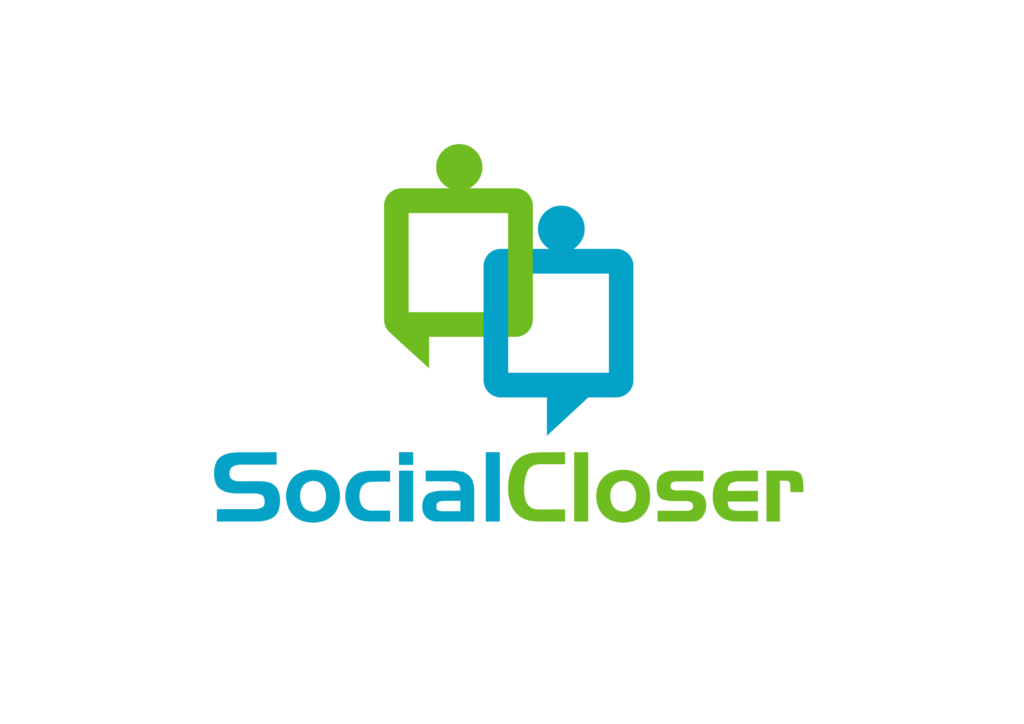Industry-First Facebook Retargeting Audiences
New ways to retarget audiences engaging with your ads

SocialCloser supports Facebook marketers with industry-first lead engagement AI that drives more leads, lower-cost ad campaigns, and new sales. Hundreds of billions are spent on Facebook ads, yet 90% of engaged leads are being ignored because they can’t be retargeted. Plus, the Facebook cost per lead is up 52% over the last two years. SocialCloser’s individual lead engagement tracking AI produces industry-first lead rankings, all-new ad audiences, retargeting campaigns, and over 20% lower ad costs.
If you had an opportunity to increase your ROI from Facebook retargeting ads, would you? That sounds like a no-brainer, especially since retargeting ROI is already so high.
“Spending 5%-10% of your Facebook ad budget for retargeting ads often results in 80% of the sales and results.” – Social Media Examiner
Retargeting’s power is linked to a psychological phenomenon known as the mere-exposure effect where people tend to develop a preference for things simply because they are familiar with them. For Facebook marketers, this not only increases the preferences for products, but brands at the same time.

Where will the increase in retargeting ROI come from?
It’s easy to find upwards of 95% of engagements on ads coming from leads that haven’t filled out a form or enabled any other retargeting options through their actions, leaving this engaged audience completely ignored. This ignored, yet highly engaged audience, is the all-new retargeting opportunity.
How to create all-new retargeting audiences on Facebook?
For the very first time, you can start retargeting engagements on a single ad or on sets of ads. SocialCloser’s engagement tracking AI also tracks individual Facebook user IDs (UIDs) that can be used to create custom audiences through a simple spreadsheet upload.
Start retargeting engagements on a single ad or on sets of ads.
Simply use our internal search engine (Smart Search) to create lists of leads engaging with a single or set of ads, download that list into a .CSV file, and upload it into Facebook’s audience creation tool.
Turn New Retargeting Audiences Into Lookalike Audiences
What additional benefits can you achieve by turning one of these new Facebook custom retargeting audiences into a lookalike audience?
As an example, let’s say that you’ve run a series of ads around a particular product or service line that has a slightly different buying audience than other products, services, or the brand overall. Now you can create a lookalike audience based solely on previous engagements from just those ads that can be used for cold lead generation campaigns for that one particular product or service.
Super Fan lookalike audiences have proven to reduce ad costs by more than 20%.
Additionally, custom audiences from Super Fans, your most engaged, highest-ranked, and most loyal brand advocates are great opportunities for lookalike audiences as well. See our Case Study for reducing ad costs by over 20% from Super Fan lookalike audiences.
Additional Options for Retargeting Leads Engaging with Your Ads
When 95% of leads are ignored by retargeting campaigns, another option is to manually reply. However, the lion’s share of engagements are reactions that have no reply options. That would appear to invalidate this manual retargeting option, or does it? Read our article on “How To Reply To Facebook Likes.” Yes, you read that right. There are ways to directly reply to almost all of your most engaged fans who are merely placing reactions on your ads.
Conclusion
Facebook engagement-based retargeting options for videos have always been a staple for marketers. However, not all ads have videos and many of these engagements can be passive. Engagement-based retargeting from custom audiences based on reactions and comments is never passive and can be created from not only ads, but posts as well. Combined with manual reply options, there is an entirely new tool chest of retargeting for Facebook marketers facing a loss of retargeting options from the continuing loss of third-party data.







